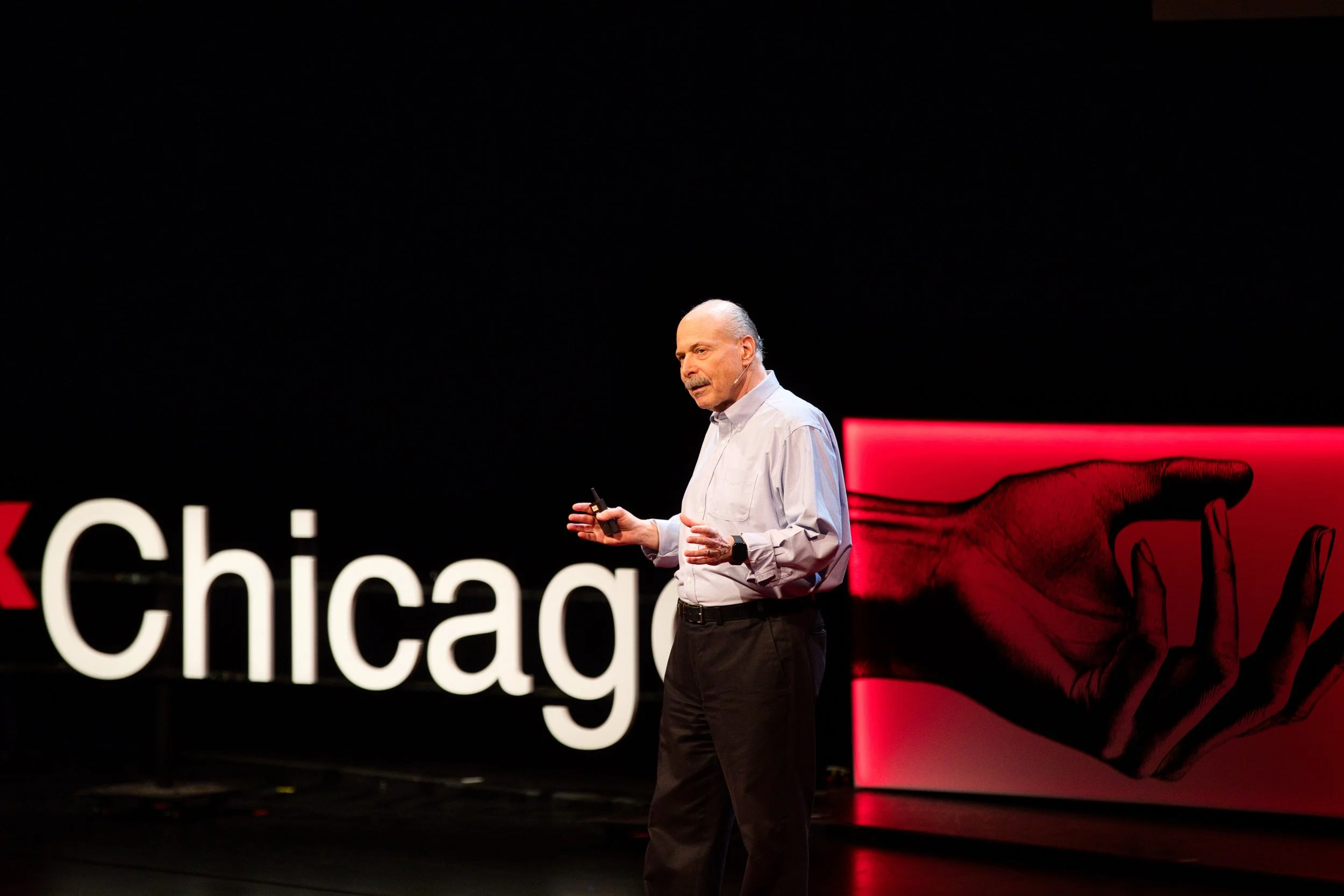
It all begins with an idea.
Great ideas, work, and stories delivered memorably are acts of generosity that can have immense impact on our communities, cities, and the world.
Filter by Tags
- Chicago 40
- Minneapolis 16
- Science 16
- Innovation 15
- Technology 13
- Community 12
- Equality 12
- Health 12
- Life 11
- Relationships 11
- Design 10
- Social Justice 9
- Youth 9
- Climate Change 8
- Mental Health 8
- Community Organizing 7
- Global Issues 7
- Psychology 7
- Sustainability 7
- The Arts 7
- Energy 6
- Personal Growth 6
- Urban Design 6
- Work 6
- Biotech 5
- Healing 5
- Transformation Stories 5
- Women 5
- AI 4
- Architecture 4
- Cities 4
- Communication 4
- Social Impact 4
- Violence Intervention 4
- WTTW 4
- Activism 3
- Brain 3
- Computing 3
- Humor 3
- Nanotechnology 3
- Quantum Physics 3
- Travel 3
- Accessibility 2
- Civic Design 2
- Climate Action 2
- Education 2
- Family 2
- Food 2
- Government 2
- Joy 2

What if we could hear disease?
In this emotional and forward-thinking talk, Dr. Hossein Zargartalebi shares his deeply personal journey from a hospital room to a scientific breakthrough. His innovation—a molecular sensor that detects proteins in real time—may unlock a new era in healthcare, one where disease can be caught long before symptoms appear. By turning biology’s quietest signals into a clear voice, this technology gives us something medicine has never truly had before: the ability to act early, save lives, and give people back the most precious thing of all—time.

How artists can protect their work from AI
We are what we do — our identities are the sum of our knowledge, experiences and actions. In a world rapidly filled with AI generators, what does it take to protect our identity, and those of the generations to come? Heather Zheng, co-director of the SANDLAB at UChicago, presents bold ideas that empower individuals to restore control over their identity by changing how they share data online. Together with her partner, Ben Zhao, the two UChicago professors and their team have released Glaze and Nightshade, tools that disrupt generative AI from training on and mimicking artists without their consent.

How quantum technologies may impact your life
Physicist David Awschalom takes us on a fast-paced journey from Star Trek to quantum teleportation, showing how what once seemed like science fiction is quickly becoming reality. Equal parts inspiring and mind-bending, he reveals how uncertainty—the quirky heart of quantum physics—is actually a powerful engine of discovery, fueling breakthroughs in computing, medicine, and secure communication. This talk makes clear that our quantum future is not just coming—it’s already here.

A silent threat & powerful opportunity under cities
Alessandro F. Rotta Loria’s talk delivers an intense emotional and intellectual experience about the urban underground, unveiling a silent threat that simultaneously represents a massive opportunity for the clean energy transition of cities, before we run out of time.

How exascale computers accelerate scientific discovery
Michael Papka takes us on a journey into the world of supercomputing and the extraordinary power of collaboration. From outpacing antibiotic-resistant bacteria to predicting the path of catastrophic hurricanes, today’s challenges demand solutions at unprecedented speeds.

How tiny particles may explain why we exist
From questioning the universe's edge as a child in Athens to leading America's premier particle physics laboratory, Dr. Lia Merminga shares her remarkable journey through the world of scientific discovery.

AI uses too much energy—nanotech is the solution
Mark Hersam is a nanotechnologist who believes that understanding materials at the shortest of length scales can provide solutions to the world’s largest problems. Using an interdisciplinary approach at the intersection of neuroscience and nanoelectronics, Hersam presents a solution to the greatest societal threat posed by AI.

Is the cure for cancer already inside us?
Dr. Shana Kelley leads a team of human cell hunters, and they developed a unique and highly sensitive cell processor that can pull incredibly rare, disease-fighting cells out of blood. Recently, they used the device to search for immune cells that can fight cancer, and uncovered surprising and exciting results that may have immense impact on the future of cancer. Join Dr. Shana Kelley as she brings you on a journey through discovery, learn a little bit about immunotherapy, and get excited about what the next era of cancer treatments may look like. A talk to find hope from, and to share and view with those in your life affected by cancer.

How can we make better batteries?
Dr. Shirley Meng makes the case for hope by demonstrating some of the exciting technologies and new batteries her lab is developing that could close the energy storage gap we need to create a democratization of energy that also enables a fully renewable energy grid.

The case for alien AI
James Evans asks a critical question as we ponder our AI-driven future: "What AI do we deserve?" He then takes us on a journey making the case that alien intelligence and thus alien AI that we grow and care for will be the most impactful on us as a human society. On the way, he also outlines the surprising science behind his lab's AI models and algorithms: That diversity is at the heart of the greatest scientific discoveries.

How to set the right goals and stay motivated
You can't just "find" motivation, says scientist Ayelet Fishbach — you have to learn how to motivate yourself. She shares a handful of tips backed by 20 years of motivation research, offering surprisingly simple wisdom on how to optimize your goals, set yourself up for success and avoid the tempting calls of procrastination.

How undiscovered light will be seen by Quantum Eyes
Nature consisting of atoms and molecules is already a marvel. But even more marvelous is the use of the atoms and molecules and the laws of the quantum world to create artificial structures that can generate and detect light, which is invisible. And this is what Dr. Manijeh Razeghi has been working on with her students and coworkers as a scientist. Her talk explores what she has dedicated her life to: exploring the frontiers of unseeable light in hopes of changing our everyday lives.

Make anything, anywhere with just-add-water biotechnology
Michael Jewett is a bioengineer who wonders if we can create equitable and distributed biotechnologies for the good. In this thought-provoking and insightful talk, he lays out a vision to re-think how biotechnologies are created and shared, made possible by biology without cells. Can just-add-water biotechnology turn us all into biomakers? Listen and learn how engineered biological systems are opening access to medicines, diagnostics, and more.

Revealing our brain’s super-listening powers
Are you listening more, but enjoying it less? In “Your Brain Hears More Than You Think,” Dr. Roger Dumas invokes The Doors and Sir Arthur Sullivan in his warning of digital audio’s Dark Side. He also offers hope in the form of cutting-edge technology that will forever change the way you hear music. He met John Lennon. He taught Prince how to program Synth. He was on the team that composed Funkytown. The work he wants to debut on the TEDx stage thrills him even more and will bring insights into how we subconsciously consume sound from the great artists we admire - the brain's relationship with music.

How Deep Brain Devices Open New Research into Brain Diseases
How do we find out what's going on in the brain, so that we can help people with brain disorders? Adding brain-sensing circuitry into deep-brain stimulation devices enables new scientific research into chronic brain diseases and allows prototyping of advanced approaches to manage patients' symptoms. This talk will describe a new investigational device developed to probe more deeply into the day-to-day function of the brain in patients suffering from debilitating brain diseases. This technology may allow clinicians and scientists to discover new paradigms for managing these diseases and their symptoms.

3D Printed Prosthetic Hands for the World
By 2050, there will be 50 million limb amputations all over the world! The present cost of a prosthetic hand with limited functionality is around $50,000. Desineni Subbaram Naidu has a vision to create an open source, affordable, and 3-D printed prosthetic hand with most functionality using surface based electromyography (s-EMG) to give hope and happiness to those millions of amputees.








